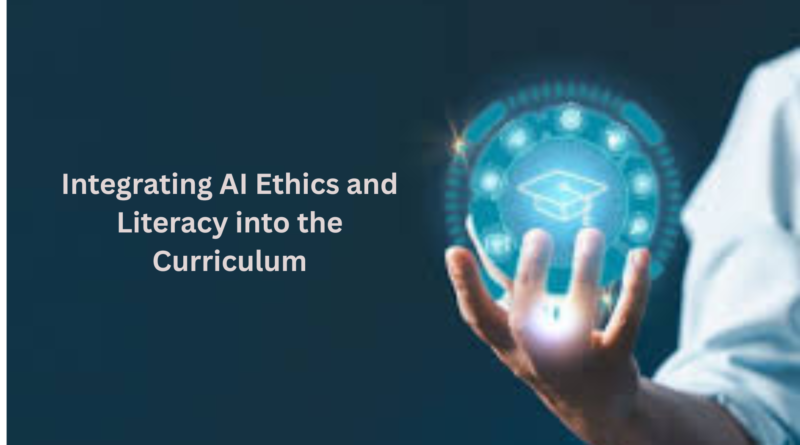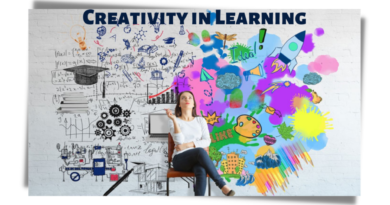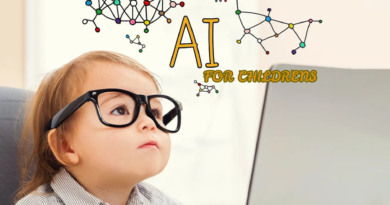Integrating AI Ethics and Literacy into the Curriculum
As artificial intelligence becomes a core part of modern education and society, it’s essential that students are not only users of AI but also informed citizens who understand how it works and the ethical implications behind it. Integrating AI literacy into the curriculum helps students grasp the foundational concepts of how AI systems make decisions, what data they rely on, and where their limitations lie. This understanding demystifies AI, encouraging students to question and analyze the technology rather than passively accept it.
Ethical education around AI further empowers students to consider the consequences of AI deployment in real-life scenarios. Issues such as data privacy, algorithmic bias, and surveillance are increasingly relevant, and students must be equipped to navigate these challenges. By learning about both the benefits and risks of AI, students develop a balanced perspective that promotes responsible innovation. Classroom discussions, case studies, and project-based learning can be effective tools for encouraging ethical thinking and empathy in the context of technology use.
Finally, teaching AI ethics nurtures critical thinking and digital citizenship, which are vital in an AI-driven future. Students learn to ask important questions: Who created this AI system? Whose data is being used? Who benefits from its outcomes, and who might be harmed? These questions prepare students not just for future careers in tech, but also to engage meaningfully in societal conversations about fairness, accountability, and the role of technology in shaping human behavior. By integrating AI ethics and literacy, educators lay the foundation for a generation of responsible and reflective AI users and creators.




